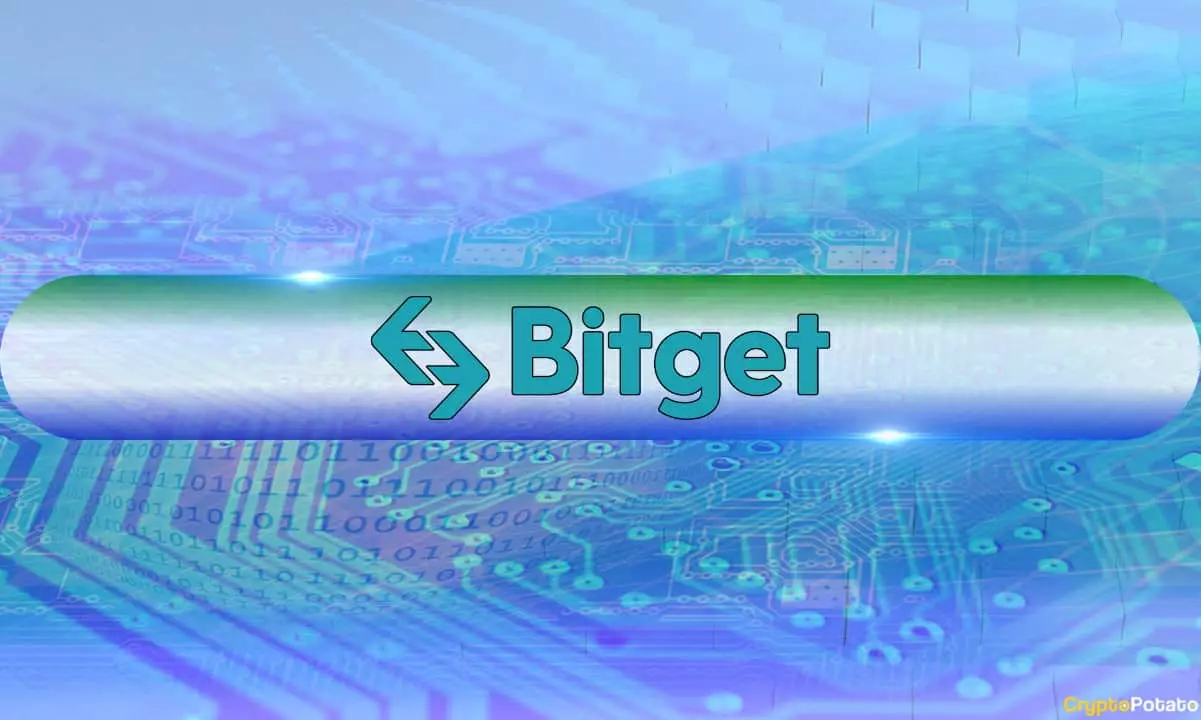On April 20th, the cryptocurrency world was rocked by shocking revelations as Bitget, a prominent exchange, reported a significant anomaly in its VOXELUSDT perpetual futures market. The bizarre price spikes and surges in trading volume that far exceeded standard patterns did not merely catch the attention of analysts; they sparked a chain reaction that raised serious concerns about the integrity of trading on centralized platforms. The volatility observed was so extreme that it even surpassed the trading volume of Bitcoin over the 24-hour span, an indicator that hints at severe market manipulation tactics at play.
Exposing the Fragility of Centralized Exchanges
The swift action taken by Bitget—suspending numerous accounts and initiating a rollback of trades—speaks volumes about the shrinking margin of error in today’s crypto markets. While they assert that “all funds are secure” for unaffected users, the specter of distrust looms large. When conflicts between trading integrity and centralized control manifest, the very foundation on which these exchanges operate begins to tremble. The incident ignites a pressing question: if we cannot trust centralized platforms to protect investor interests, what future do they hold?
Market Manipulation: The Dark Side of Trading
Bitget’s internal investigation, which pointed towards possible market manipulation, further complicates the conversation. It’s baffling that despite centralized control meant to enforce regulatory compliance, manipulative tactics can still go unchecked. This perception of inadequacy is worrisome, particularly in a period when many newcomers flock to cryptocurrency for the first time, encouraged by the allure of fantastic gains. Speculations about a user converting less than $100 into six figures highlight both the potential for profiting and the inherent risks involved in a largely unregulated market.
Resonance with Past Incidents
In reflecting on this incident, one cannot help but draw parallels with last year’s Hyperliquid-JELLY case, where the consequences of market manipulation wreaked complete havoc, leading to widespread liquidations. Hyperliquid’s controversial decision to delist the compromised contracts has now been juxtaposed with Bitget’s own strategies for handling the present crisis. As the community continues to discuss accountability, the question inevitably circles back: how many more such incidents will arise before exchanges are held to a higher standard of operational integrity?
The Moral Implications for Exchanges
As exchanges wield the power to stabilize or destabilize markets, the Bitget episode serves as a glaring reminder of their responsibility towards users. Despite Bitget’s promises to compensate affected individuals, the very act of rolling back trades reflects a deep ethical quandary. They must not only regain user trust but also ensure that measures are enacted to look beyond compensation—this is about safeguarding market integrity. Centralized exchanges should re-evaluate their roles not merely as platforms, but as custodians of ethical conduct in trading dynamics.
Why Users Must Stay Alert
For the average investor or trader, the dynamics at play signal a pressing need for vigilance. The lack of accountability on the part of centralized entities places the burden on individual users to stay informed and aware of the risks. As the landscape of cryptocurrency continues to evolve, users must approach exchanges with both enthusiasm and skepticism, comprehensively understanding that while profits can soar, the looming potential for manipulation and loss is very real.

